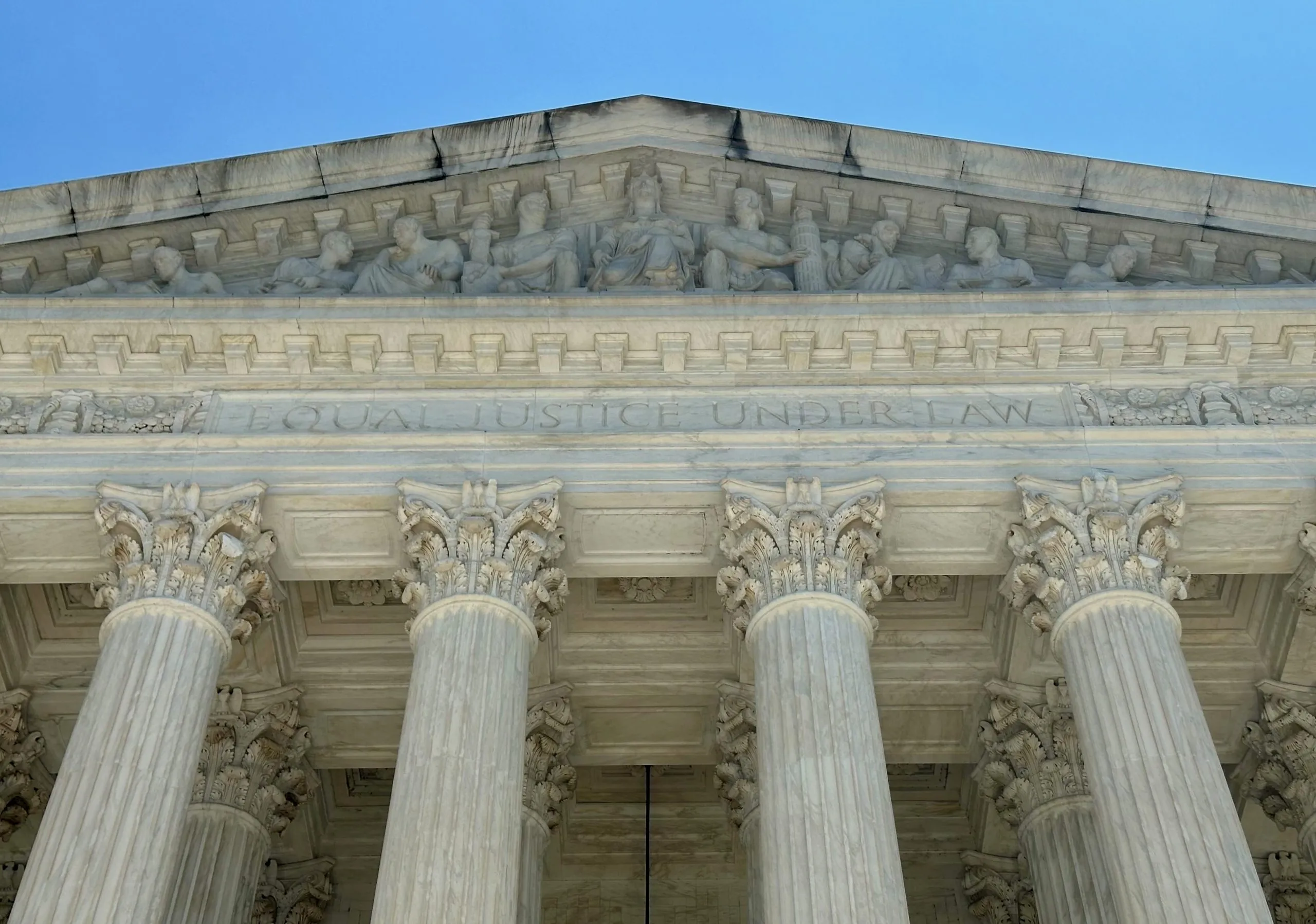(ZENIT News / Washington, 06.20.2025).- A coalition of Orthodox Christian churches has filed a federal lawsuit against the state of Washington, arguing that a newly enacted law mandating clergy to report child abuse—even when learned through sacramental confession—violates their constitutional rights. The legal challenge, submitted on June 16 and supported by the conservative Alliance Defending Freedom (ADF), adds to a growing confrontation between religious groups and the state over the limits of religious freedom.
The legislation at the center of the controversy, Senate Bill 5375, is set to take effect on July 27. It reinstates clergy as mandatory reporters of child abuse and neglect in Washington’s legal code—a category that was removed in 1975. Critically, the law makes no exception for information disclosed within the context of religious confession, a move that both Orthodox and Catholic leaders argue strikes at the heart of their faith practice.
“Washington is punishing priests for maintaining the sanctity of the confessional while exempting other privileged conversations like those between lawyers and clients,” said John Bursch, senior counsel at ADF. “This is not only religious discrimination—it’s a violation of the First Amendment.”
The plaintiffs include the Orthodox Church in America, the Antiochian Orthodox Christian Archdiocese of North America, and several other Orthodox jurisdictions. They join the Catholic bishops of Washington, who filed a separate lawsuit in May, shortly after Governor Bob Ferguson signed the bill into law.
At stake is the inviolable nature of confession, a doctrine central to both Orthodox and Catholic theology. Under canon law, priests are forbidden—under pain of excommunication—from disclosing anything revealed during confession. The lawsuits argue that forcing clergy to violate this seal not only contravenes religious liberty, but also fails to provide meaningful protection for children.
The Department of Justice appears to agree, at least in part. Shortly after SB 5375 was signed, the DOJ announced a civil rights investigation into whether the law infringes on the First Amendment rights of the Catholic bishops. In a statement, Deputy Attorney General Harmeet K. Dhillon called the law “anticatholic” and warned that it “compels priests to betray their most sacred obligations.”
However, lawmakers behind the bill insist the intent is not to single out any faith. Senator Noel Frame, a Democrat from Seattle and a survivor of childhood sexual abuse, championed the legislation after years of failed attempts. Her motivation, she says, is to ensure that all children receive equal protection, regardless of the circumstances under which abuse is disclosed.
Supporters of the law emphasize that it applies to all clergy equally—from priests and pastors to elders in Jehovah’s Witness congregations and bishops in the Church of Jesus Christ of Latter-day Saints. “This is not about targeting Catholics,” said Sharon Huling of the Clergy Accountability Coalition. “This is about closing a legal loophole that has allowed abuse to go unreported for decades.”
Huling also noted that the law does not compel clergy to testify in court, only to report credible suspicions of abuse. “Unlike other mandatory reporters, clergy still retain a degree of protection in legal proceedings. The core of the law is to ensure that no child falls through the cracks because an adult prioritized confidentiality over safety.”
Critics remain unconvinced. They argue that the law will not only deter religious observance but also undermine the trust between spiritual advisors and their congregants. “The confessional is a sacred space, not a legal trap,” said Metropolitan Tikhon of the Orthodox Church in America. “We cannot comply with this law without betraying the very essence of our priestly calling.”
Washington now joins a small group of states—New Hampshire, West Virginia, North Carolina, Oklahoma, Rhode Island, Tennessee, and Texas—that deny clergy-penitent privilege in cases of suspected abuse. The lawsuits suggest this patchwork approach may soon face national scrutiny, as courts weigh the balance between public safety and religious freedom.
In a broader sense, the conflict raises foundational questions: Can a state compel a religious leader to break a vow made before God? And should a democratic society insist on that breach in the name of protecting its most vulnerable?
For now, the courts will decide whether Washington’s pursuit of accountability constitutes a legitimate government interest—or an unconstitutional intrusion into one of religion’s most sacred rites. Either way, the ruling will likely set a precedent with implications far beyond the Pacific Northwest.
Thank you for reading our content. If you would like to receive ZENIT’s daily e-mail news, you can subscribe for free through this link.




